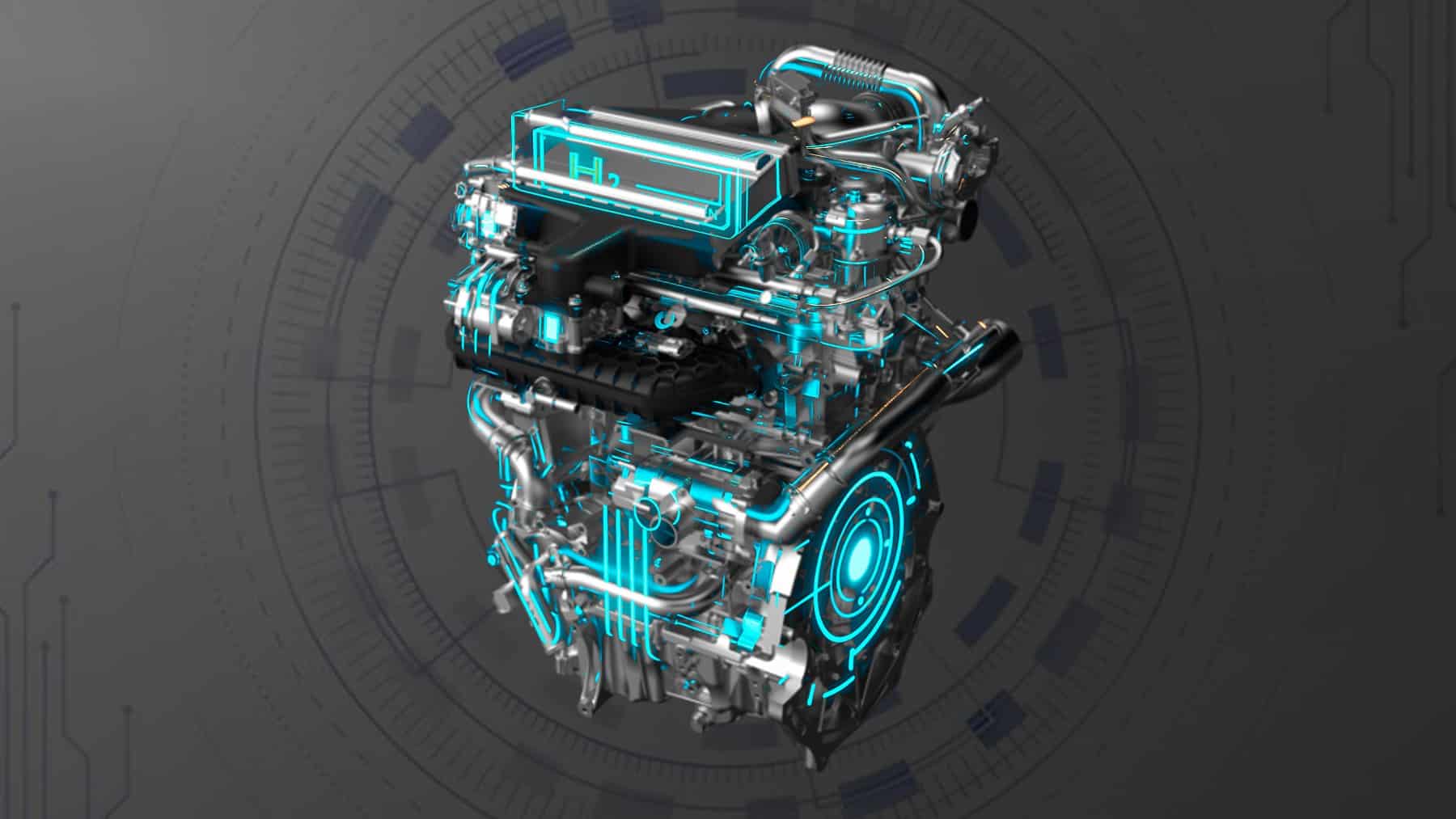The electric engine has long been seen as the future of the passenger vehicle world. To reach sustainability and carbon-neutrality goals, the automobile industry has largely concentrated its alternative engine solutions on the electric engine in order to give up the internal combustion engine, which relies on harmful fossil fuels. However, some companies are choosing not to put all their eggs into one basket and are looking at other alternative engine solutions beyond the electric engine.
Electric engines dominate the alternative engine industry
The alternative engine industry has long been dominated by electrical engine solutions. Thanks to advances in battery-engine technology and luxury electric vehicles from companies such as Tesla, the engine is not only popular but the most trusted by consumers when it comes to making the switch from the internal combustion engine to an alternative engine source.
Plug-in hybrid technology is particularly popular among consumers. As the world catches up on creating widespread infrastructure to support fully electric engines, plug-in hybrid vehicles allow consumers to switch to more sustainable choices while also having the security of an internal combustion engine in instances where charging their vehicle is not available to them.
However, despite the dominance of the electrical engine in the alternative engine space, some industry developers are looking at other routes to carbon neutrality. The hydrogen fuel-cell engine, in particular, has been singled out as an alternative fuel source that can fill industry spots where the electrical engine is currently not a suitable replacement, such as the aviation industry and the long-haul trucking world. Asian automobile developers have particularly pioneered this technology, creating a diverse lineup of models for consumers to choose from while also adding knowledge and resources for other industry players.
This engine may change the world, and it is not electric
While the electrical engine is the future for many automobile companies, with the hydrogen fuel-cell engine a close runner-up, biofuel technology is also growing in the automobile sphere. Chinese state-owned Guangzhou Automobile Group Co. (GAC) is one such developer that has been developing an engine powered by ammonia. While ammonia is already used as a fuel source in the shipping and trucking world, a passenger vehicle powered by this fuel would be the first of its kind.
The GAC engine, first showcased in 2023, features a 2.0 liter I-4 and reportedly produces approximately 161 hp with a 90 percent reduction in carbon emissions when compared to “conventional fuels.” However, while the idea is certainly innovative, there are two challenges the automobile industry faces with developing ammonia as a fuel source:
- Ammonia is a toxic substance, and it may be challenging to make it safe to use
- It is difficult to burn as a fuel source in a passenger vehicle, only providing a third of the energy density compared to diesel
Ammonia to soar in other industries?
Despite the innovation from GAC, ammonia does not appear to have a bright future in the automobile world. However, innovative ideas and prototypes like this are not to be shrugged off, as ammonia still holds the potential to be further utilized in other sectors in the transportation industry.
GAC’s engine is an example of how thinking outside the box can help the world achieve more sustainable solutions in a variety of industries. Further, the electrical engine may be leading the way in the passenger vehicle world, but a more challenging problem lies in creating a more sustainable shipping industry, on which trade heavily relies. Electric engines are currently not feasible for the maritime industry, however, ammonia may be a potential player in creating a carbon-free reality in maritime technologies.
Disclaimer: Our coverage of events affecting companies is purely informative and descriptive. Under no circumstances does it seek to promote an opinion or create a trend, nor can it be taken as investment advice or a recommendation of any kind.













